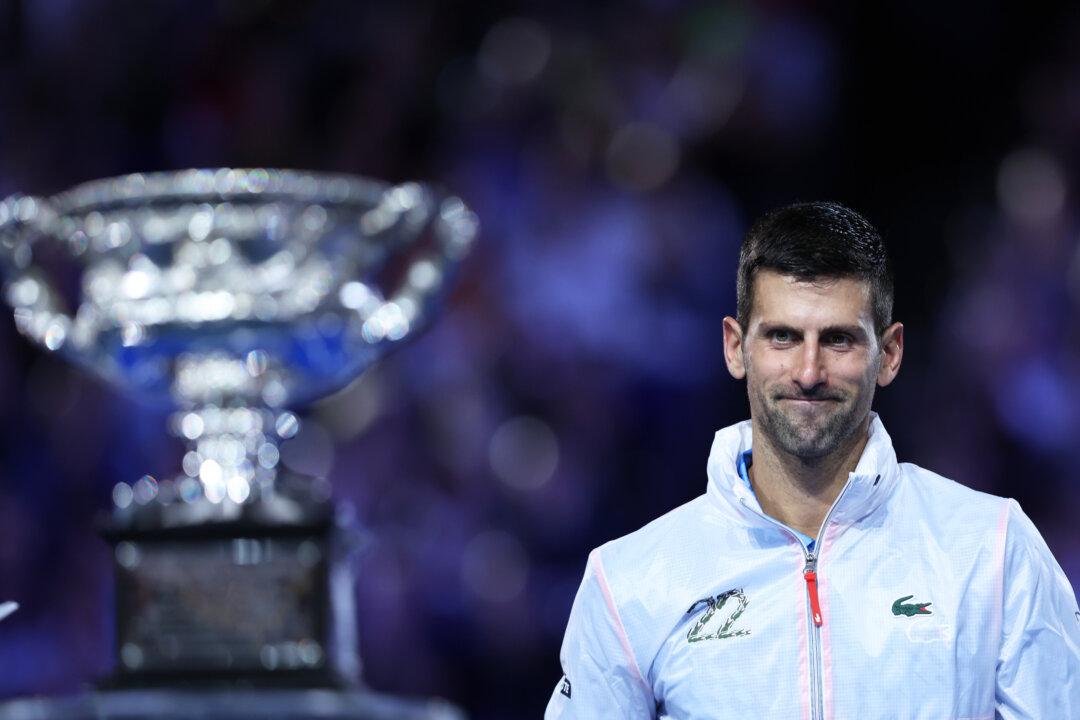Commentary
This year was my first experience in watching a tennis tournament from its start to finish—not every match of course but staying connected to the action throughout. It taught me something obvious perhaps but extremely important.

This year was my first experience in watching a tennis tournament from its start to finish—not every match of course but staying connected to the action throughout. It taught me something obvious perhaps but extremely important.